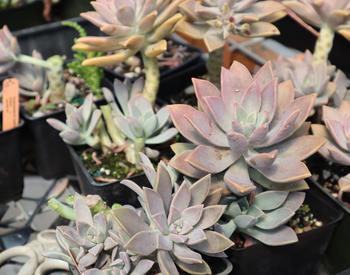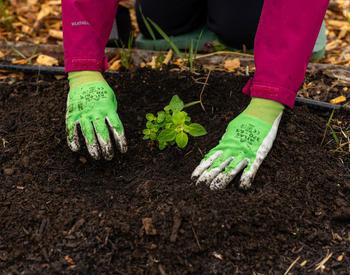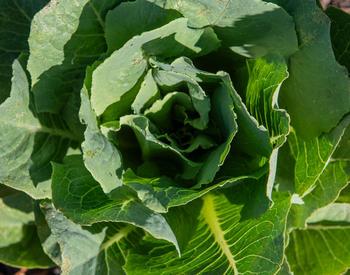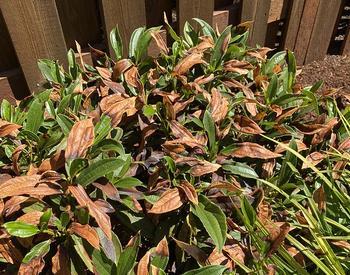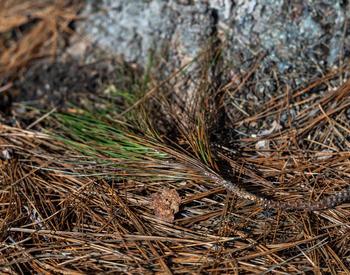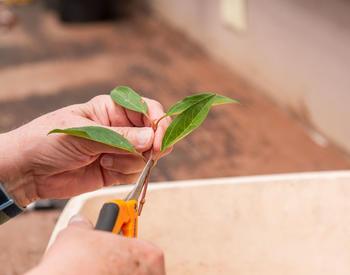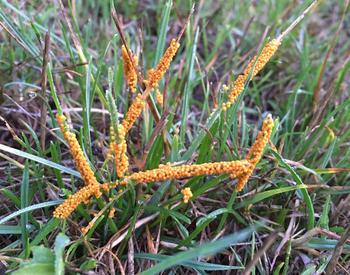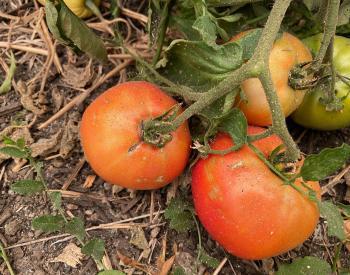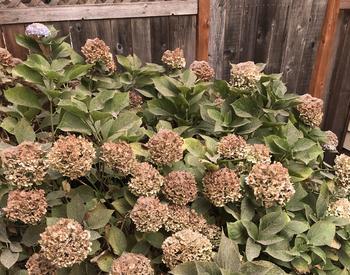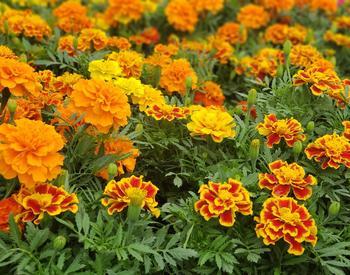Based on its life cycle, a plant is classified as an annual, biennial or perennial.
Annuals
An annual, such as a zinnia, completes its life cycle in one year. Annuals are said to go from seed to seed in one year or growing season. During this period, they grow, mature, bloom, produce seeds and die.
There are both winter and summer annual weeds, and understanding a weed's life cycle is important in controlling it. Summer annuals complete their life cycle during spring and summer; most winter annuals complete their growing season during fall and winter.
Biennials
A biennial requires all or part of two years to complete its life cycle. During the first season, it produces vegetative structures (leaves) and food storage organs. The plant overwinters and then produces flowers, fruit and seeds during its second season. Swiss chard, carrots, beets, sweet William and parsley are examples of biennials.
Sometimes biennials go from seed germination to seed production in only one growing season. This situation occurs when extreme environmental conditions, such as drought or temperature variation, cause the plant to pass rapidly through the equivalent of two growing seasons. This phenomenon is referred to as bolting. Sometimes bolting occurs when biennial plant starts are exposed to a cold spell before being planted in the garden.
Perennials
Perennial plants live more than two years and are grouped into two categories: herbaceous perennials and woody perennials. Herbaceous perennials have soft, nonwoody stems that generally die back to the ground each winter. New stems grow from the plant's crown each spring. Trees and shrubs, on the other hand, have woody stems that withstand cold winter temperatures. They are referred to as woody perennials.

